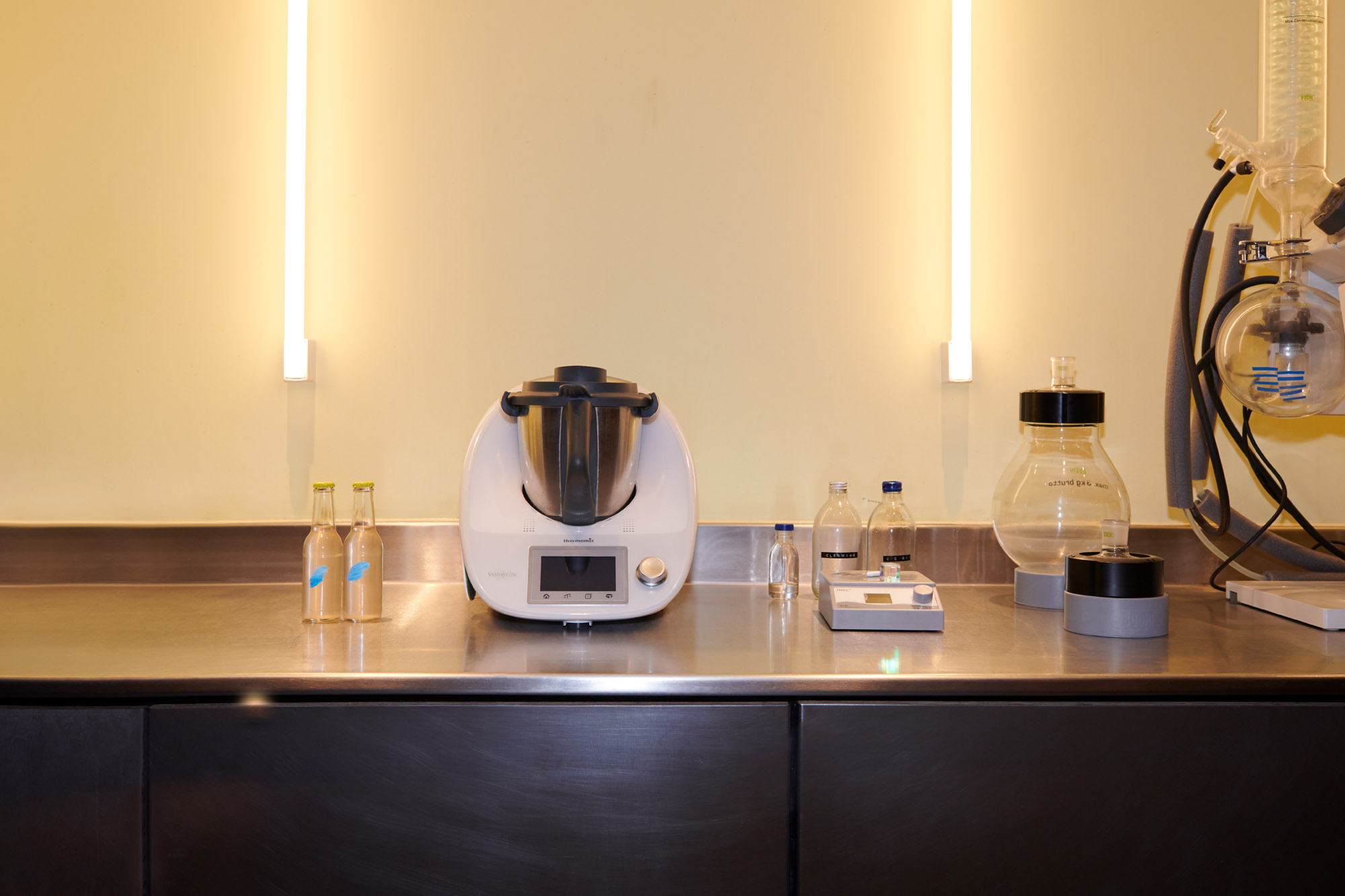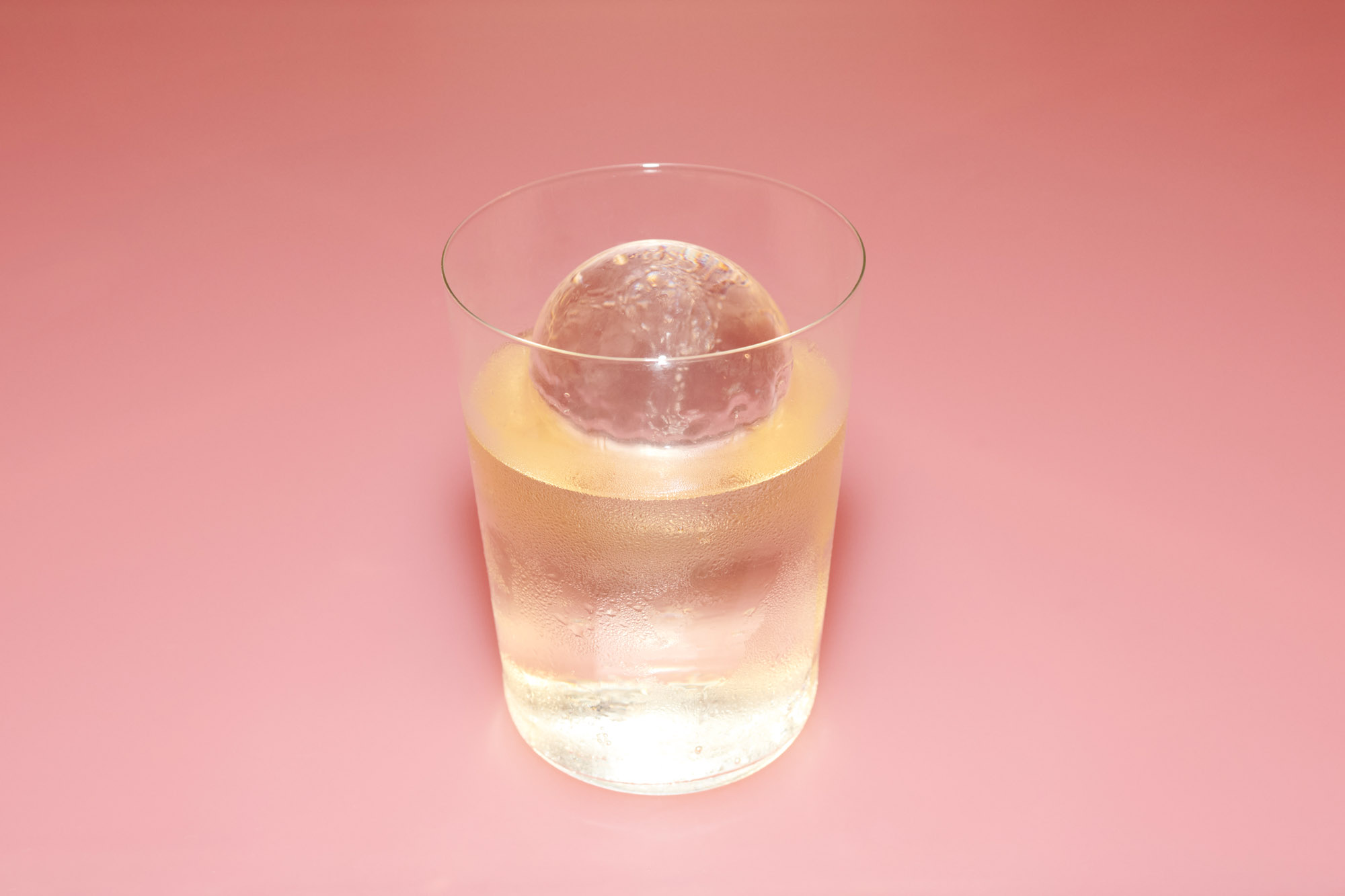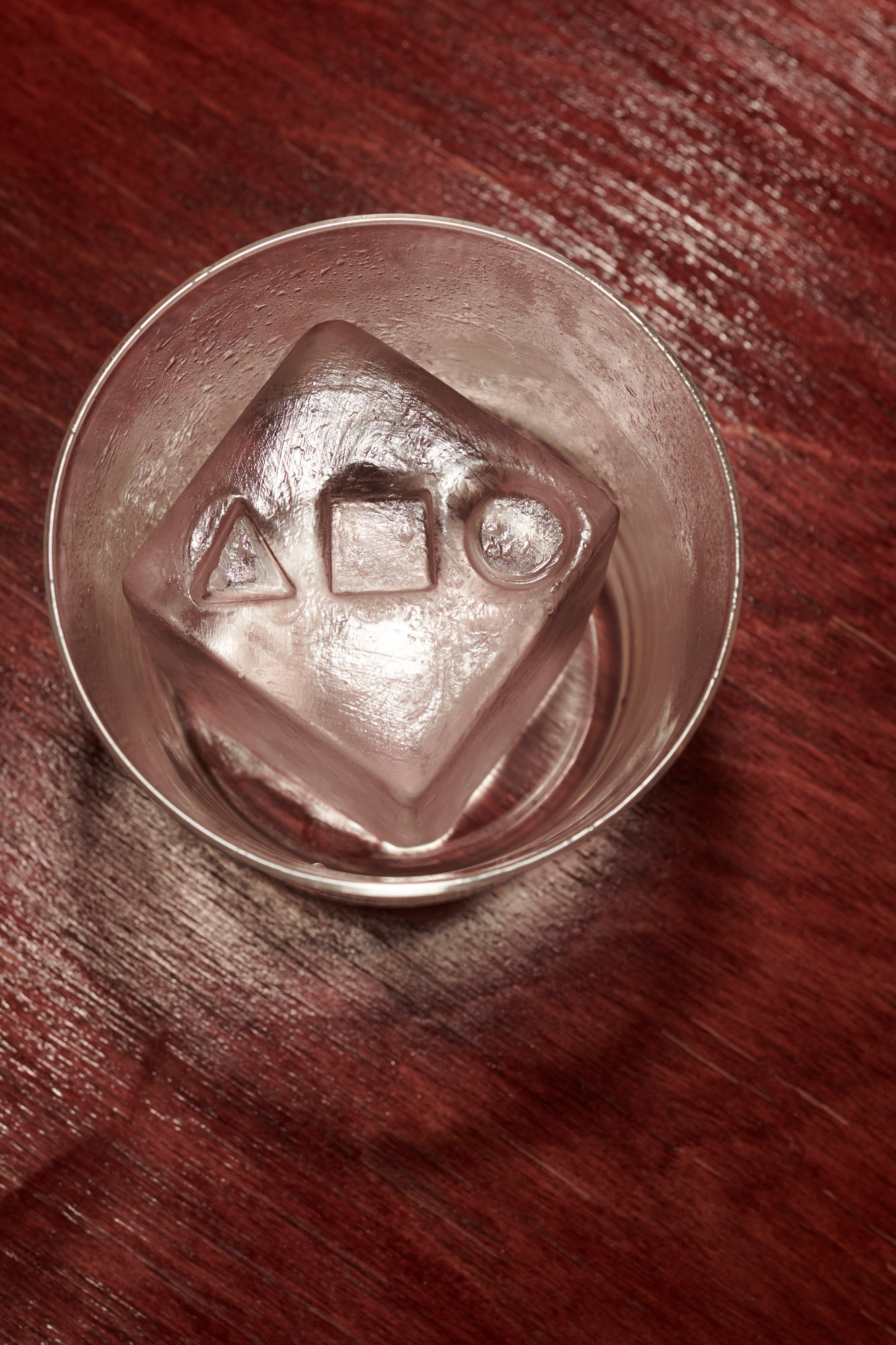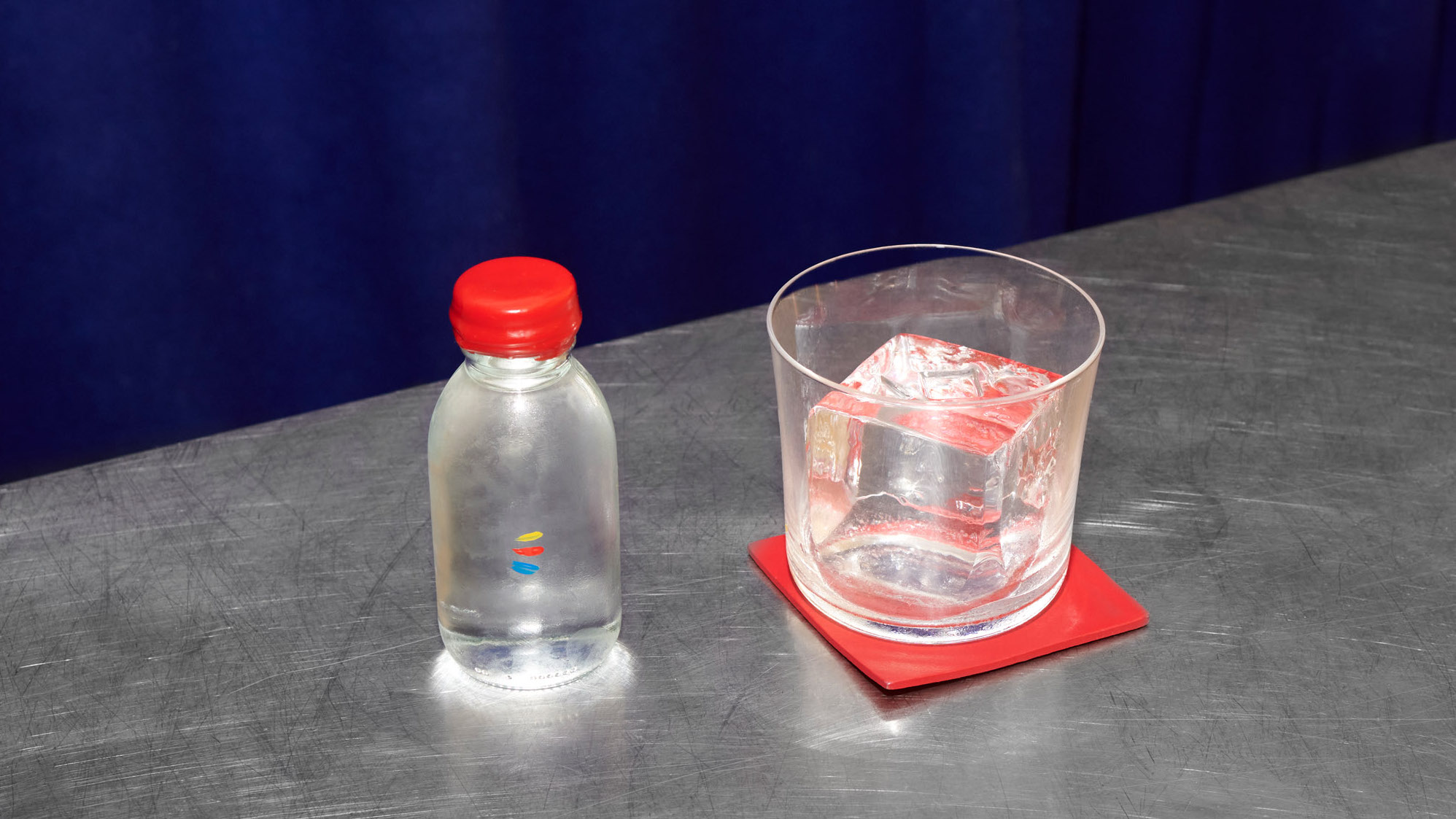
Remy Savage is very much the mixologist of the moment. He began honing his skills at the Little Red Door in Paris – the bar that first set his artistic vision on its swift upward trajectory – before leaping into the London scene in 2017, becoming head bartender at The Langham hotel’s much-lauded Artesian.
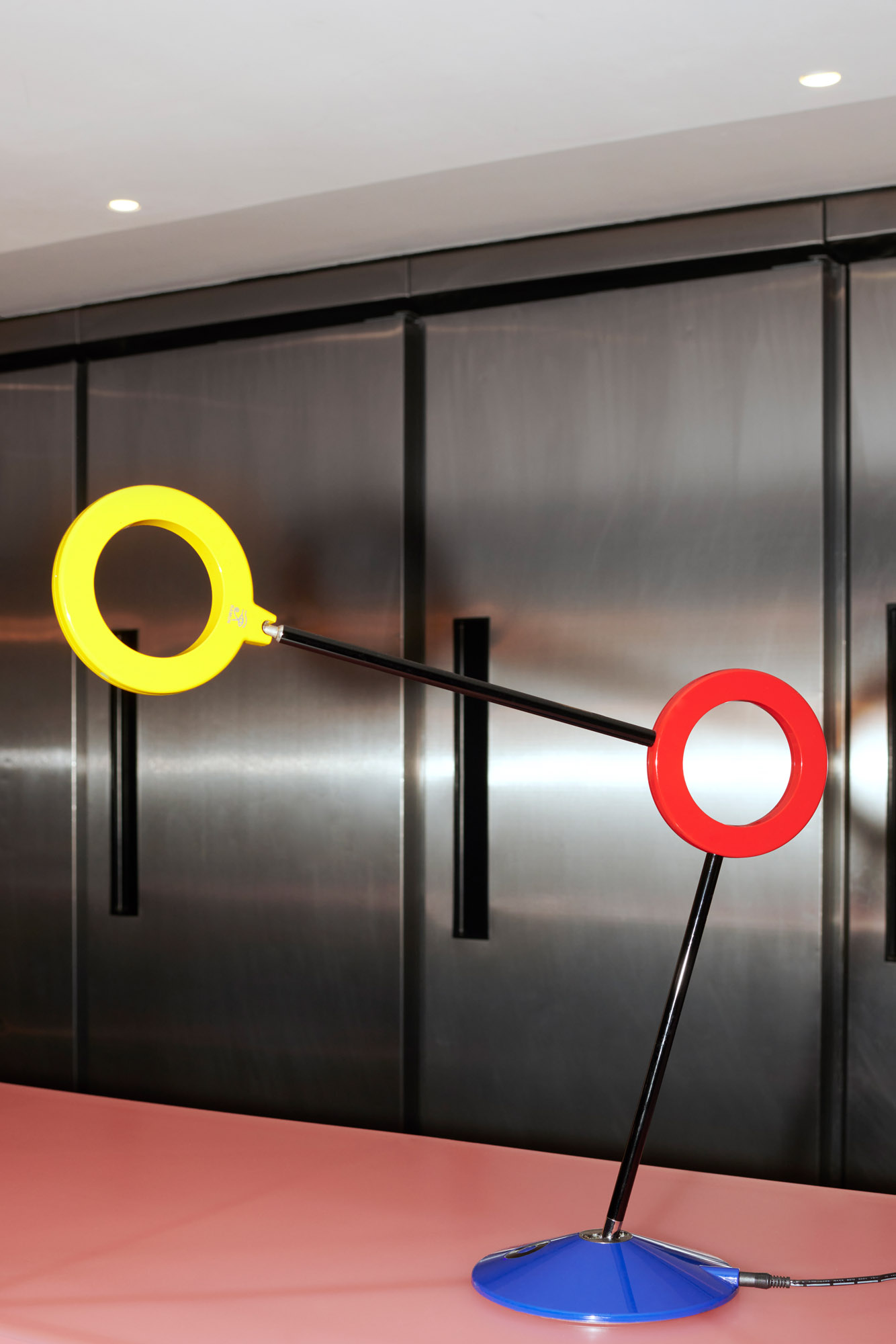
Savage’s next move was to create three new conceptual, art movement-inspired bars and bistros: Nouveau in Paris, Abstract in Lyon, and arguably his most groundbreaking so far: London’s A Bar with Shapes for a Name (symbolised by a yellow triangle, a red square and a blue circle), a Bauhaus-inspired experience based purely around functionalism and minimalism. Everything about Shapes is a masterclass in expertly measured simplicity: from the lack of branding on show to the colour-coordinated staff uniforms and utilitarian furniture and fittings.
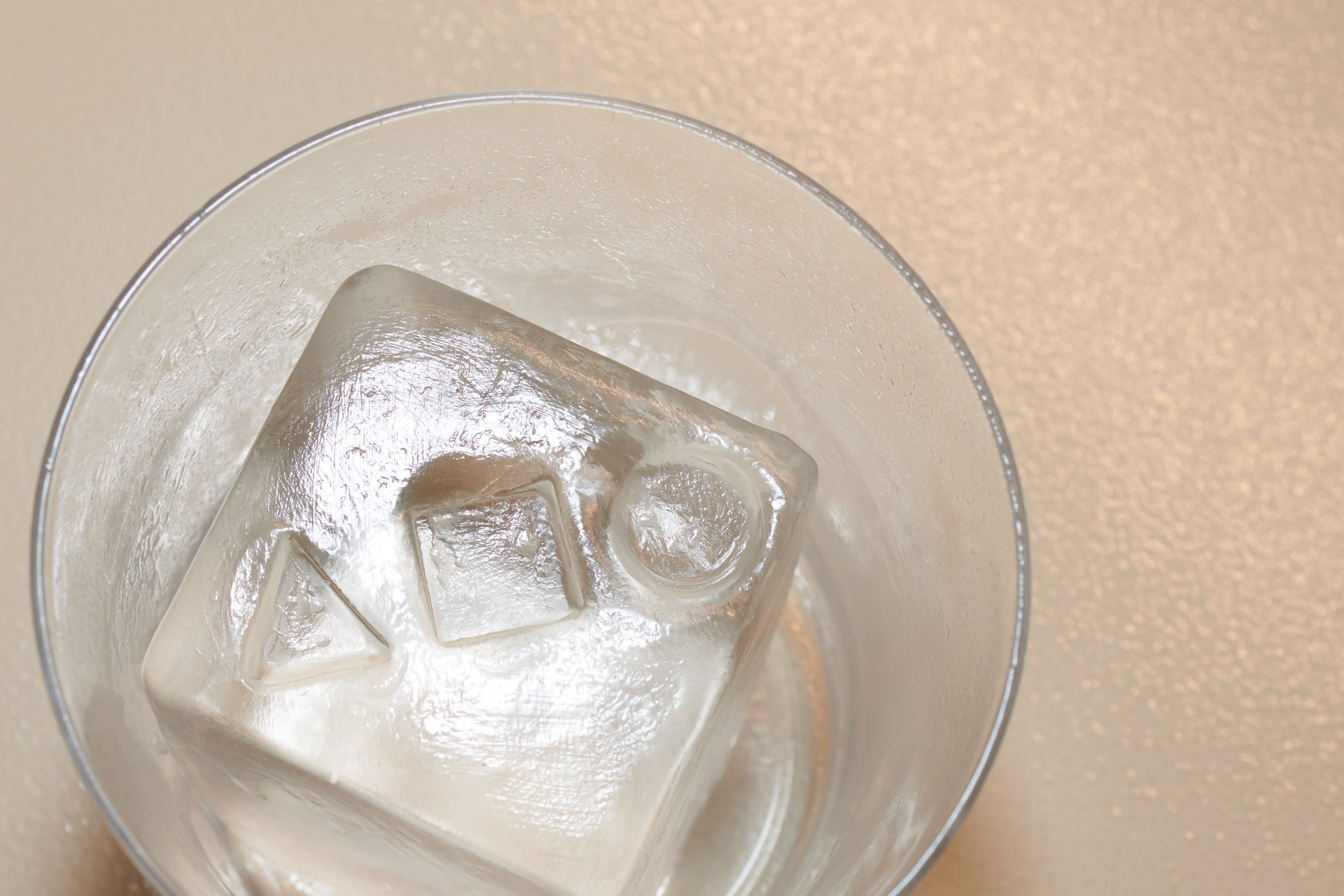
‘I come from an art history and philosophy background,’ says Savage. ‘The idea is to see how we can use a bar’s atmosphere to talk about art in a non-intrusive way. So everything – the design, drinks, uniform, service, opening hours, price – has to be based on a problem artists were trying to solve.’
Located on Kingsland Road, in the blurry hinterland between Shoreditch and Dalston, Shapes (currently ranked 35 on The World’s 50 Best Bars list) has quickly become one of east London’s most talked-about haunts – which has presented Savage with a series of challenges in how to keep his customers happy (given the queues to get a table and the intricate detailing of the instantly Instagrammable ice cubes).
‘On a busy day, we can create 1,000 cocktails. We make all the ice ourselves. There’s very little that isn’t done by us’
Remy Savage
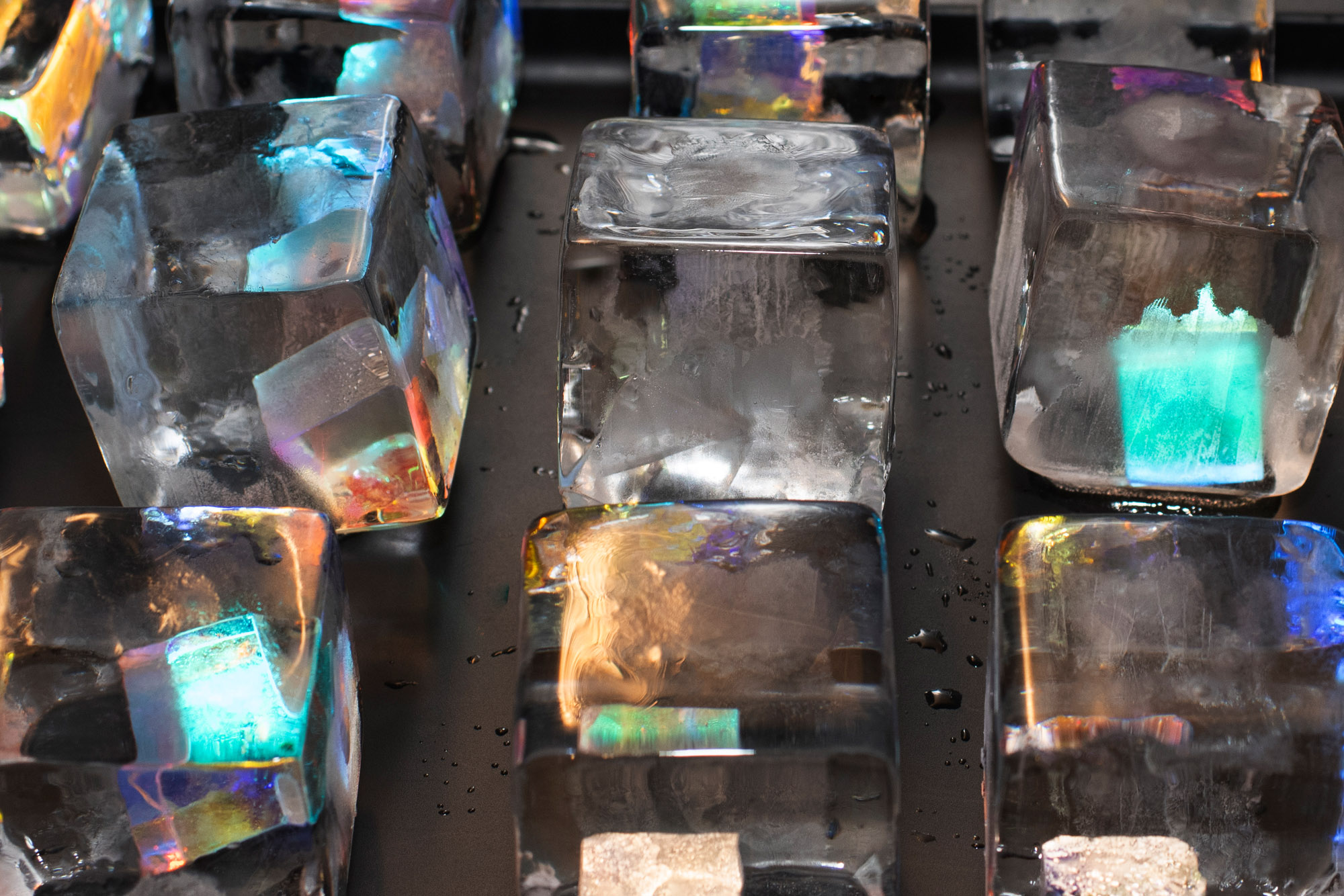
‘On a busy day, we can create 1,000 cocktails,’ he says. ‘We make all the ice ourselves, and our ingredients are sourced locally. There’s very little that isn’t done by us. As such, we have four people preparing stuff full-time, whether that’s cutting ice, putting little prisms inside the cubes, repairing glassware or recycling glass to make plates out of.’
Bauhaus Warehaus, a production facility that’s also a bar
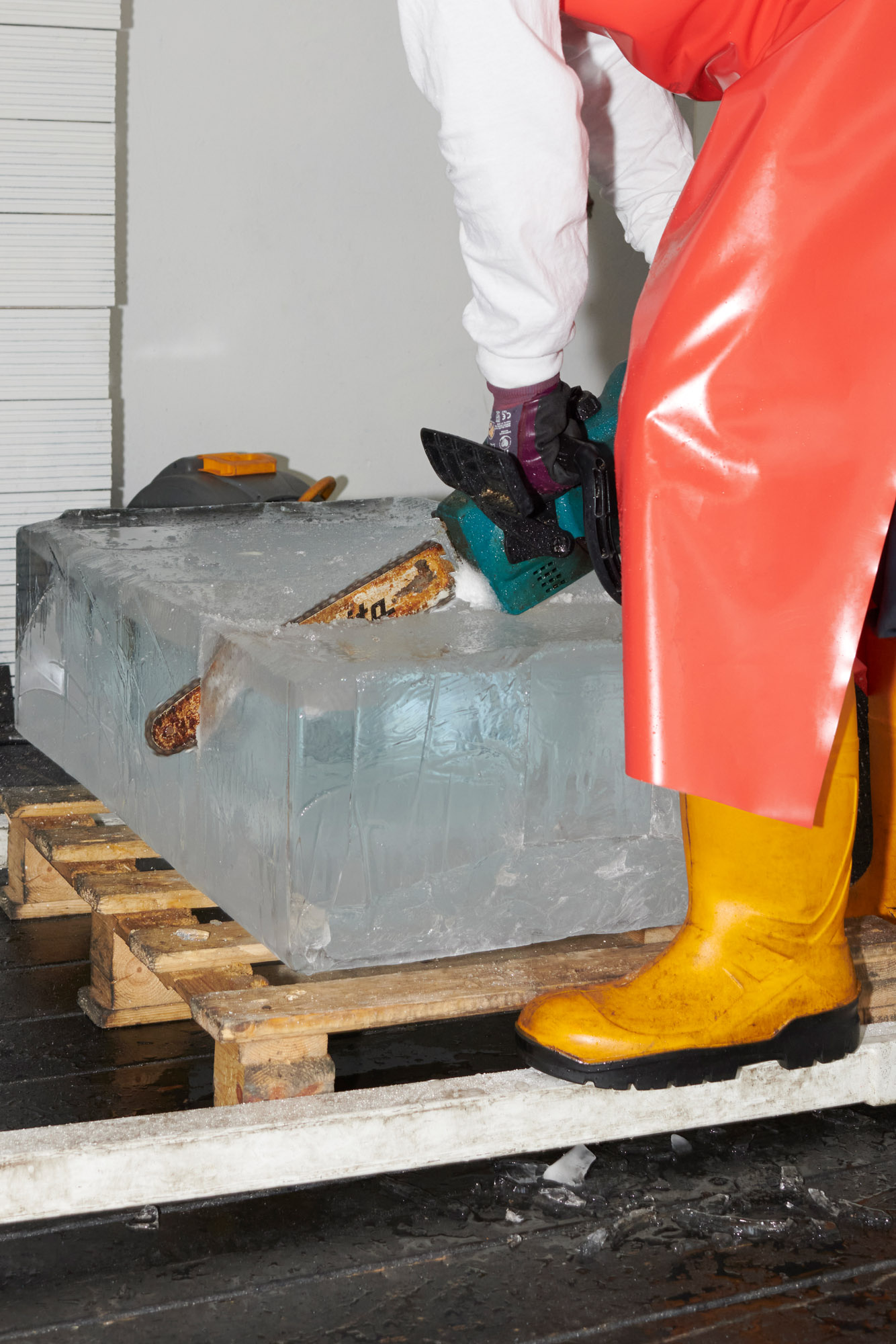
The solution comes in the form of Bauhaus Warehaus, a sister location also on Kingsland Road. ‘We had been renting an amazing space for all the production so we thought, why don’t we use this space to manufacture during the day, then have this kind of warehouse/factory vibe, still inspired by the Bauhaus mindset, opening at five o’clock – the end of the working day – where lights are dimmed, music is playing, and workers are enjoying a beer,’ he says. ‘And that’s exactly what Warehaus is.’
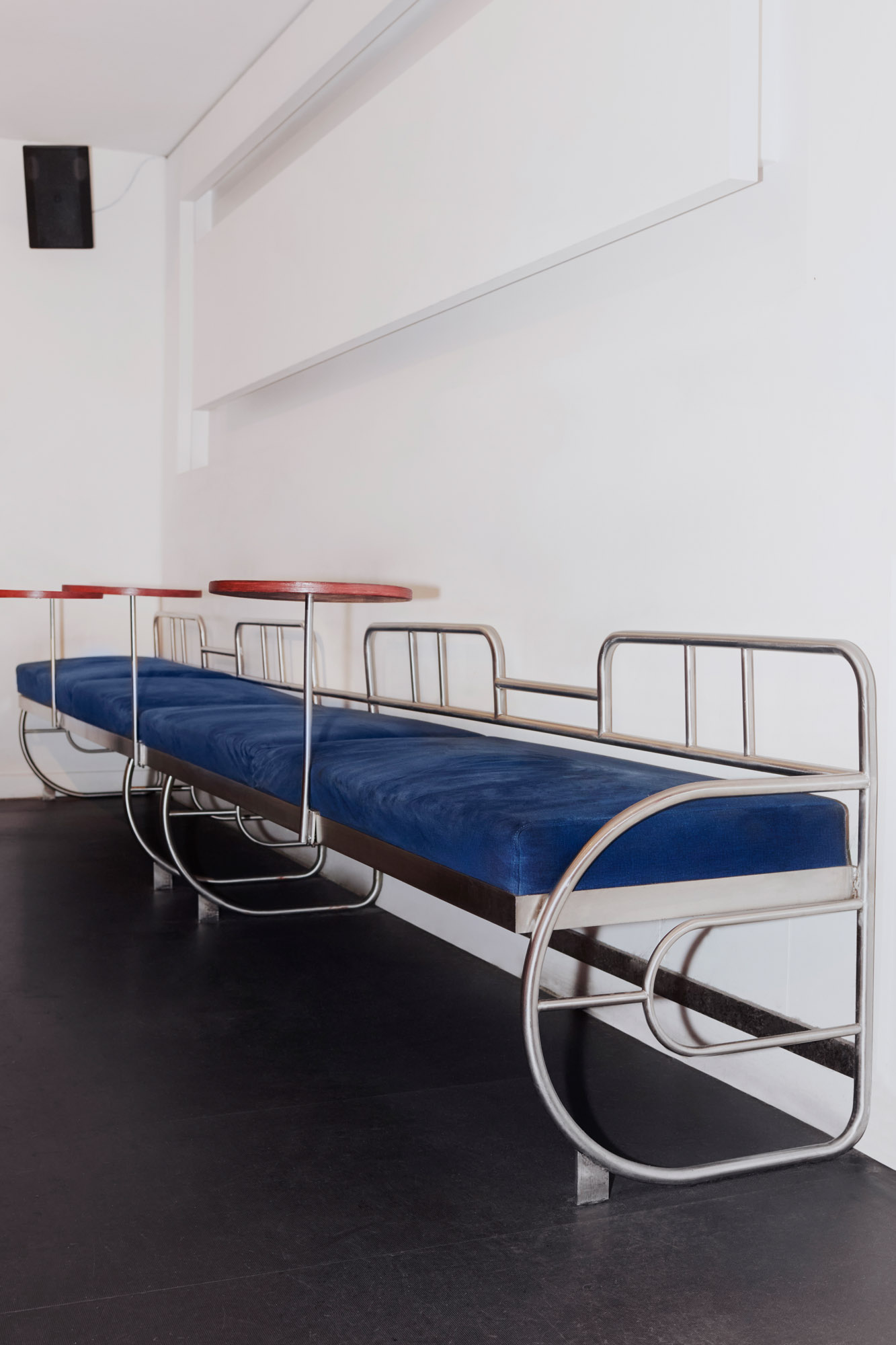
It’s intriguing to learn what Savage considers to be the main difference between the two bars, given their similarities and proximity to each other. ‘I like this idea of Shapes being the cool younger brother who, even though he is praised by teachers
for being clever, is, deep down, a bit of a dick and a bit pretentious,’ he laughs. ‘I see Warehaus as the hardworking sibling that actually gets stuff done.’
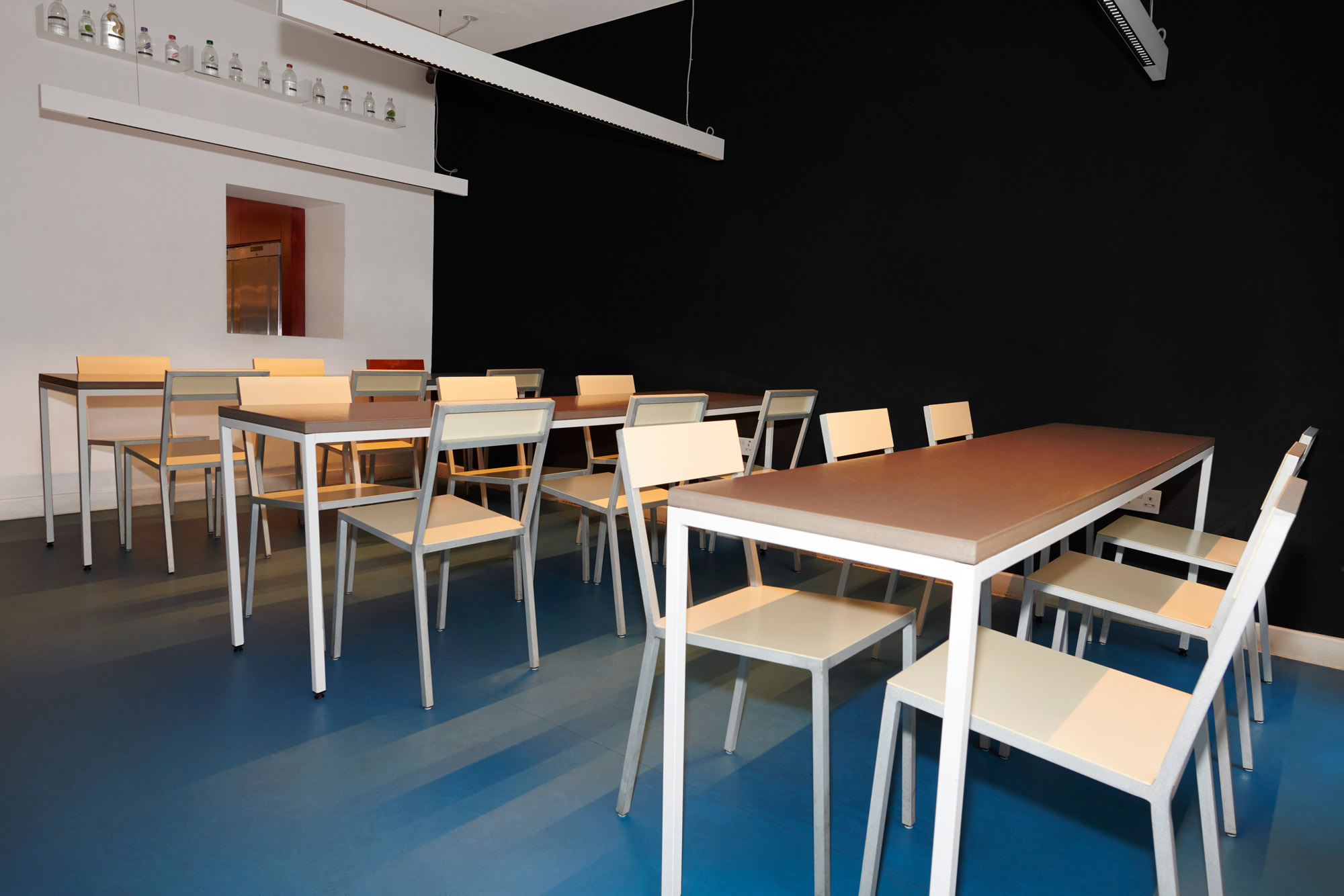
The innovative liquid concepts that are on display at Shapes are also very much part of the Warehaus drinks culture, but they are delivered in a more affordable way, with cocktails priced at £10, many using production leftovers from Shapes. ‘We make a drink called Pastel at Shapes, which requires us to press kilos and kilos of rhubarb every day. At Warehaus, we distil this already-pressed rhubarb and make a gimlet out of it,’ Savage explains. ‘We also have a Shapes espresso martini, which uses a cool brew system. We take the leftover coffee to Warehaus, redistill it, then top it with cream soda.’
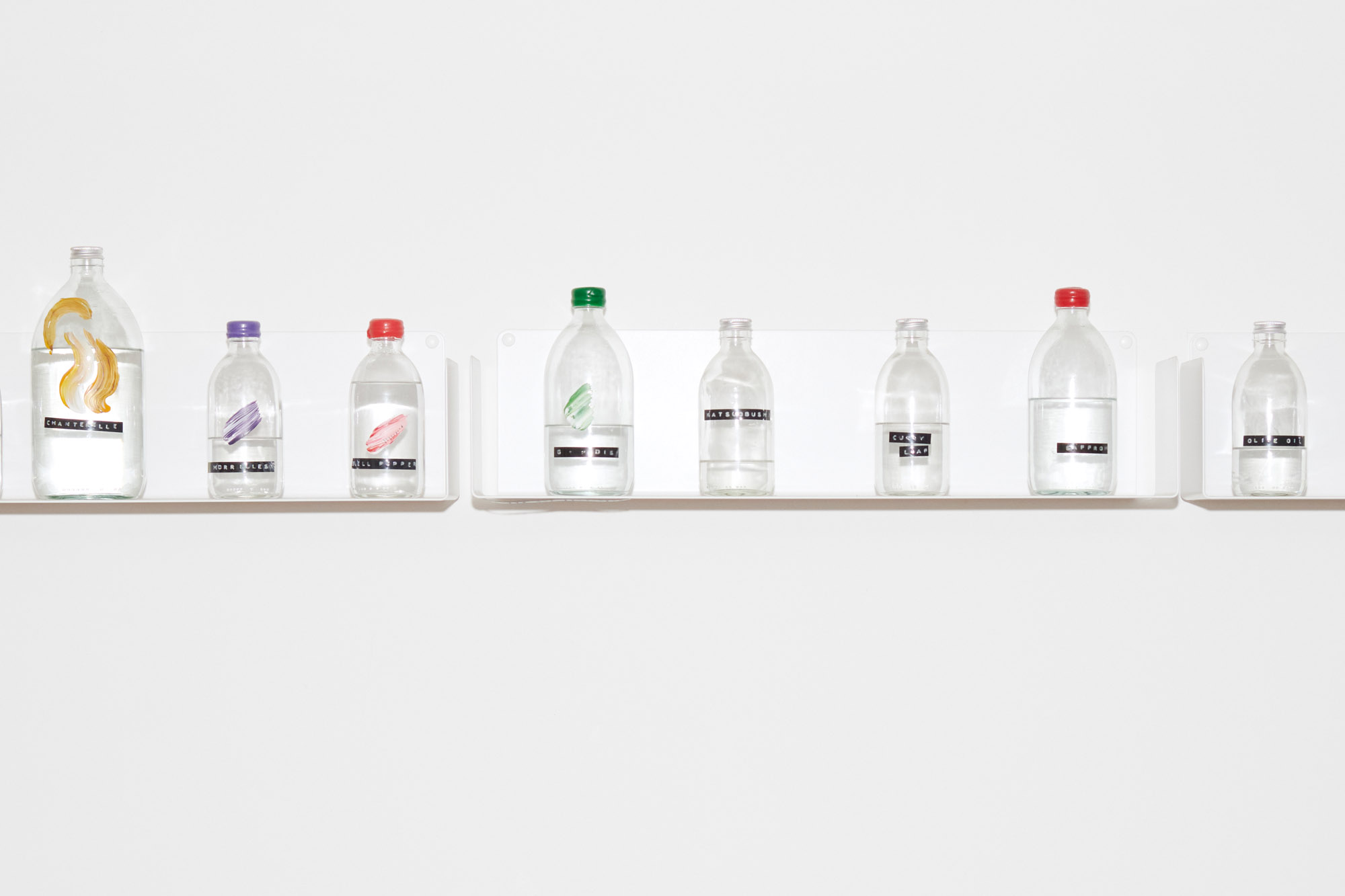
Despite being a production facility, Warehaus is an inspiring place to drink and unwind, nestled among the shelves of bottles, colour-coordinated crates and stainless steel surfaces.
It is a testament to a creative vision that has also seen Savage collaborate with Cartier on a fragrance project and with Nude on a bar glassware collection, as well as plan another forthcoming bar opening in Milan (this one focusing on Futurism as its artistic concept) and a collaboration with the Louvre in Paris, which he is clearly buzzing about.
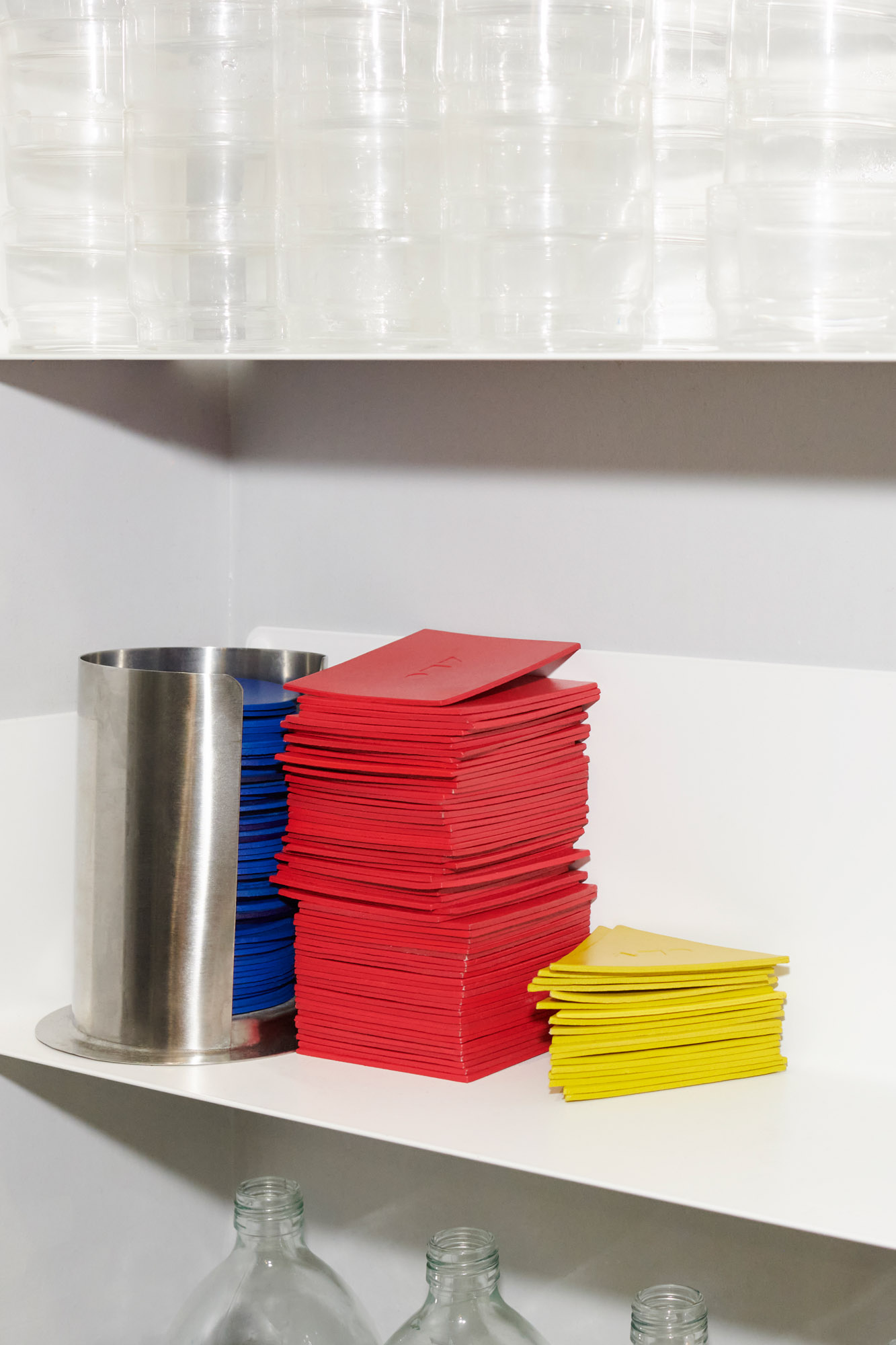
‘It’s very exciting at the moment, we are pursuing a lot more things outside of the gastronomical side of the industry,’ he says. ‘We are more interested in art than we are in drinks, but drinks seem to end
up being what we are better at!’
@bauhaus_warehaus, @a_bar_with_shapes_for_a_name_
